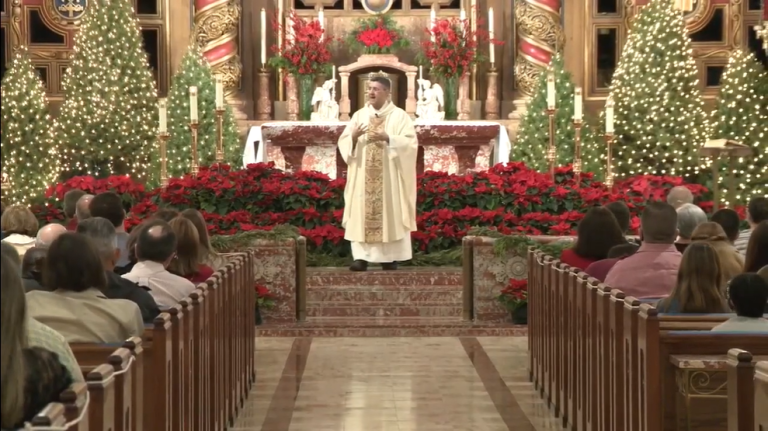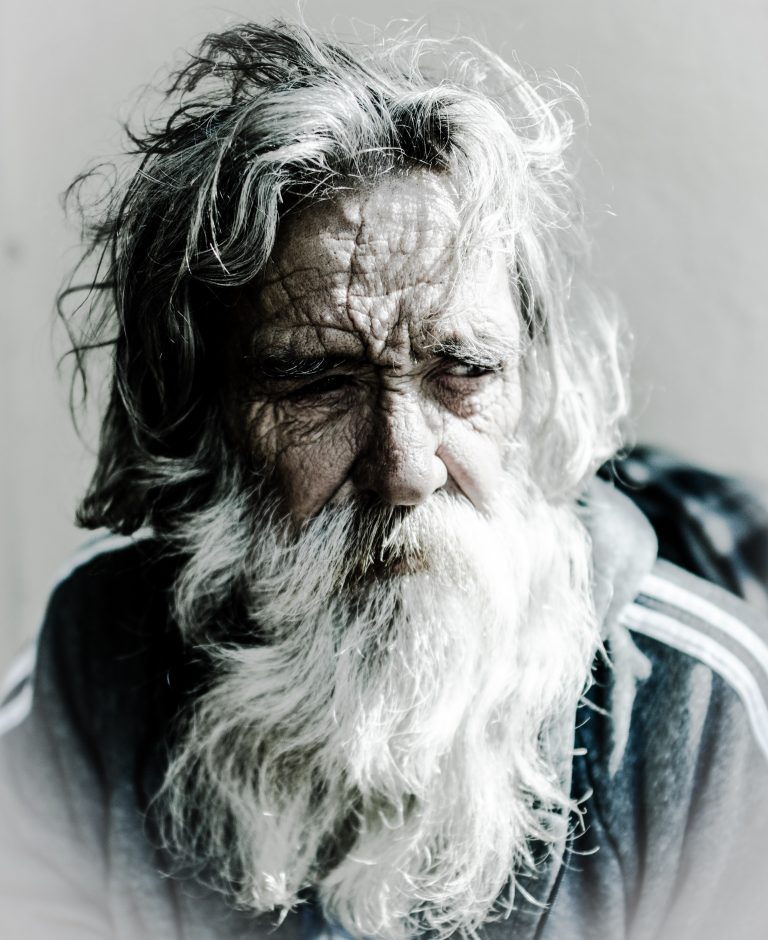Death creates a tension within us. We know that it is inevitable, yet we also have a strong desire to resist it, to prolong our lives. Dr. Ernest Becker, the father of Terror Management Theory, says that we develop various phobias in order to cope with this tension. If you’re afraid of heights, it’s because you might fall … and die. If you’re afraid of enclosed spaces, it’s because you might not escape … before you die. Fear of flying, fear of spiders, fear of the dark, it’s all a desperate attempt to avoid the unavoidable.
I think there’s some truth to this. My fear goes a little deeper, though. I’m afraid my soul will die. Even though my conversion experience brought me a boatload of grace, truth, and joy in being Catholic, I still wrestle with the fear that God is going to zap me one day when I’m not ready and that’ll be it. I’ll pass through the gate that says, “Banish hope, all ye who enter here,” and that’ll be the end of Nicholas Hardesty.
To be clear, this isn’t the laudable fear of Hell that compels us to repent of our sin. This is the servile and despairing kind of fear. This is the “not good” kind of fear that, unfortunately, many Christians feel today. This is the “fear that leads to bondage” that Jesus came to save us from (see Romans 8:15 and Hebrews 2:14-15).
Where does this fear come from? What can we do about it?
The Source of This Fear
I know God isn’t the issue here. God doesn’t want anyone to go to Hell. “The Lord is not slow about his promise as some count slowness but is forbearing toward you, not wishing that any should perish, but that all should reach repentance.” (2 Peter 3:9) Some still go to Hell, by persisting in their rejection of God. But that’s not God’s doing. God doesn’t positively predestine anyone to Hell.
Some say this fear comes from a weakness in Catholic theology. They say that since we believe a Christian can lose his salvation, we necessarily walk around anxious and fearful of Judgment and Hell. But, that’s not the issue either. Catholics have the fullness of grace and truth. We have all seven sacraments. We have a Church that exists to save us, and a Mother and Son who constantly intercede for us. All of this should give us hope that if we keep trying, progressing, and coming back to Jesus, then when our time comes, we’ll be ready.
Well then, if the source of this fear is not God and it’s not the Church, what is it?
To Fear and Not to Fear
Deep-seated and desperate fear of Judgment and Hell is, at least in part, an effect of sin. Sin is what keeps us from God. Sin is what chips away at our free will and our sense of hope until we feel powerless to resist — and then shames and damns us as soon as we relent. Sin is what sends us to Hell and what makes Judgement so terrifying for all the wrong reasons.
At the end of time, the mighty and the proud will be so afraid of Judgment they will prefer being buried in an avalanche to facing Jesus (see Revelation 6:15-17). But, the rest will cry out, “Amen! Come Lord Jesus!” (Revelation 22:20)
Why are they so unafraid? Why do they actually long for His coming?
Fear No More
St. John gives us a beautiful answer: “For fear has to do with punishment,” but “love casts out fear,” “that we may have confidence for the Day of Judgment.” (1 John 4:16-18) Confidence for the Day of Judgment – wouldn’t that be a wonderful thing!
Love is what makes it happen.
- Love of God compels us to glorify God and never displease Him.
- Love of neighbor compels us to serve others and never mistreat them.
- Love of self compels us to seek what is good for us and avoid what is harmful.
In love, we embrace our good God and our heavenly destiny. In love, we can face death with faith and courage, and welcome the coming of the Lord.
Yes, death and Judgment are unavoidable. But Hell isn’t. Love makes it so that we can avoid that place. Love puts us in a sure and steady place so that when we finally meet Jesus there will be no crippling fear – just peace, joy, and entrance into His Kingdom.




